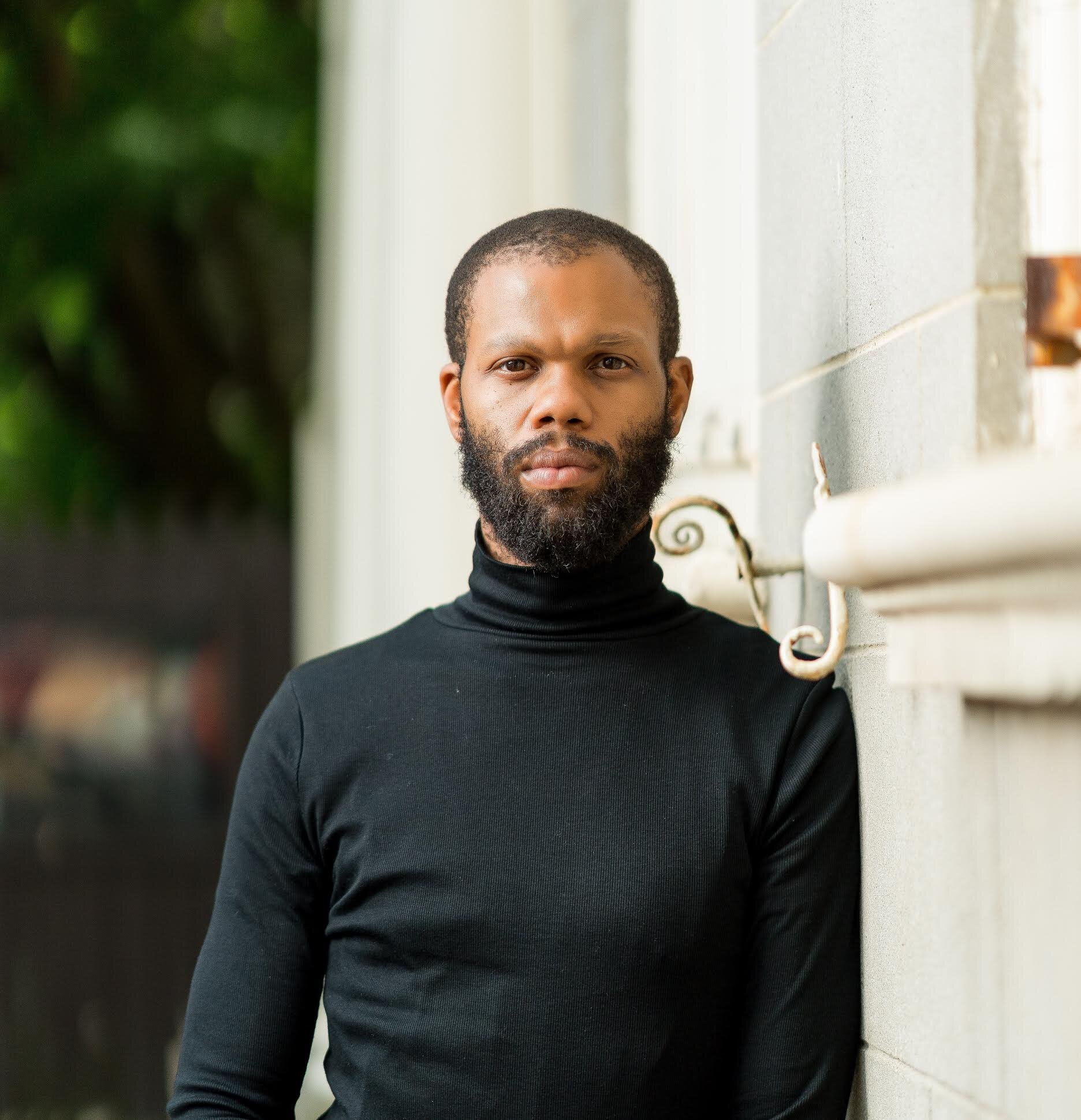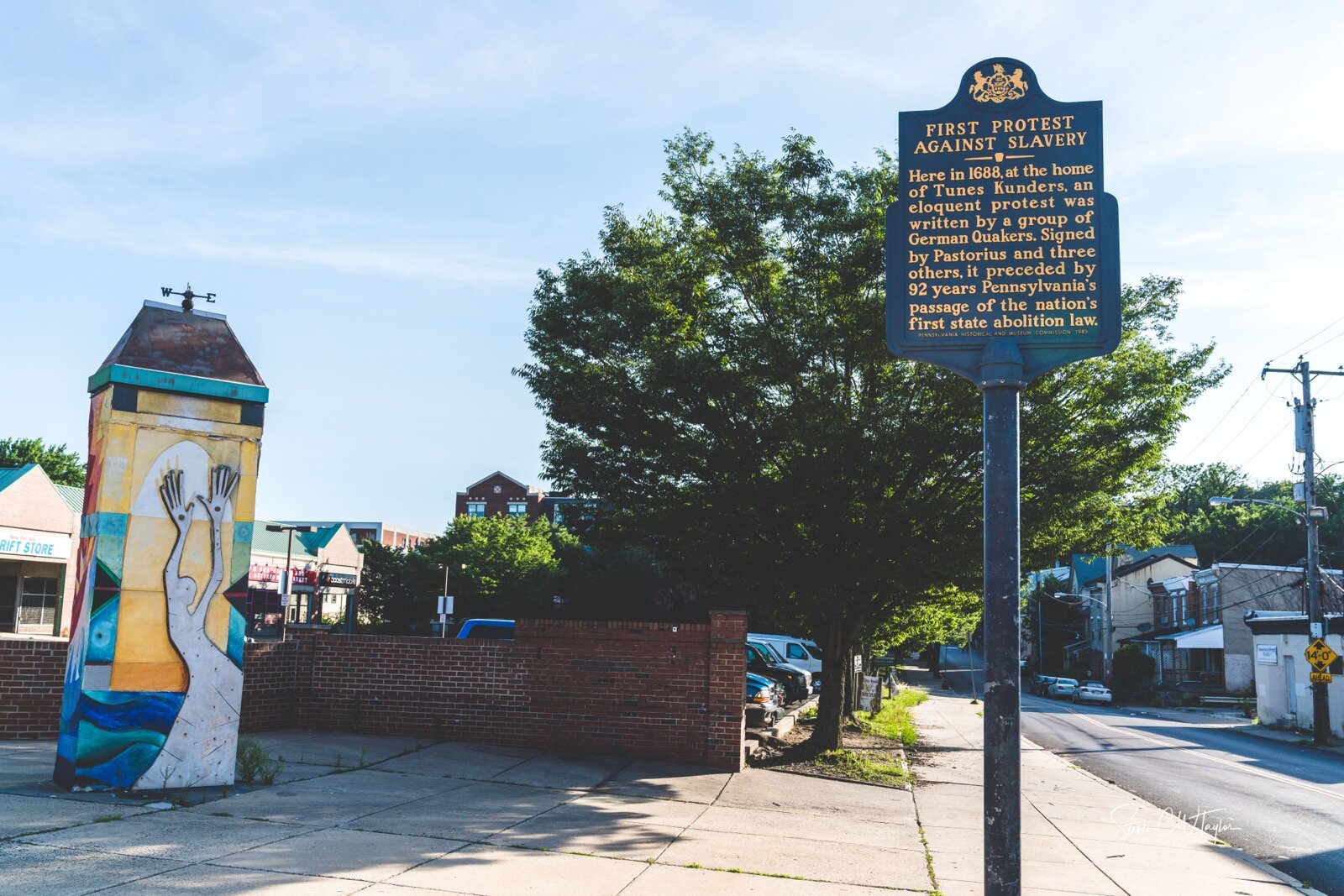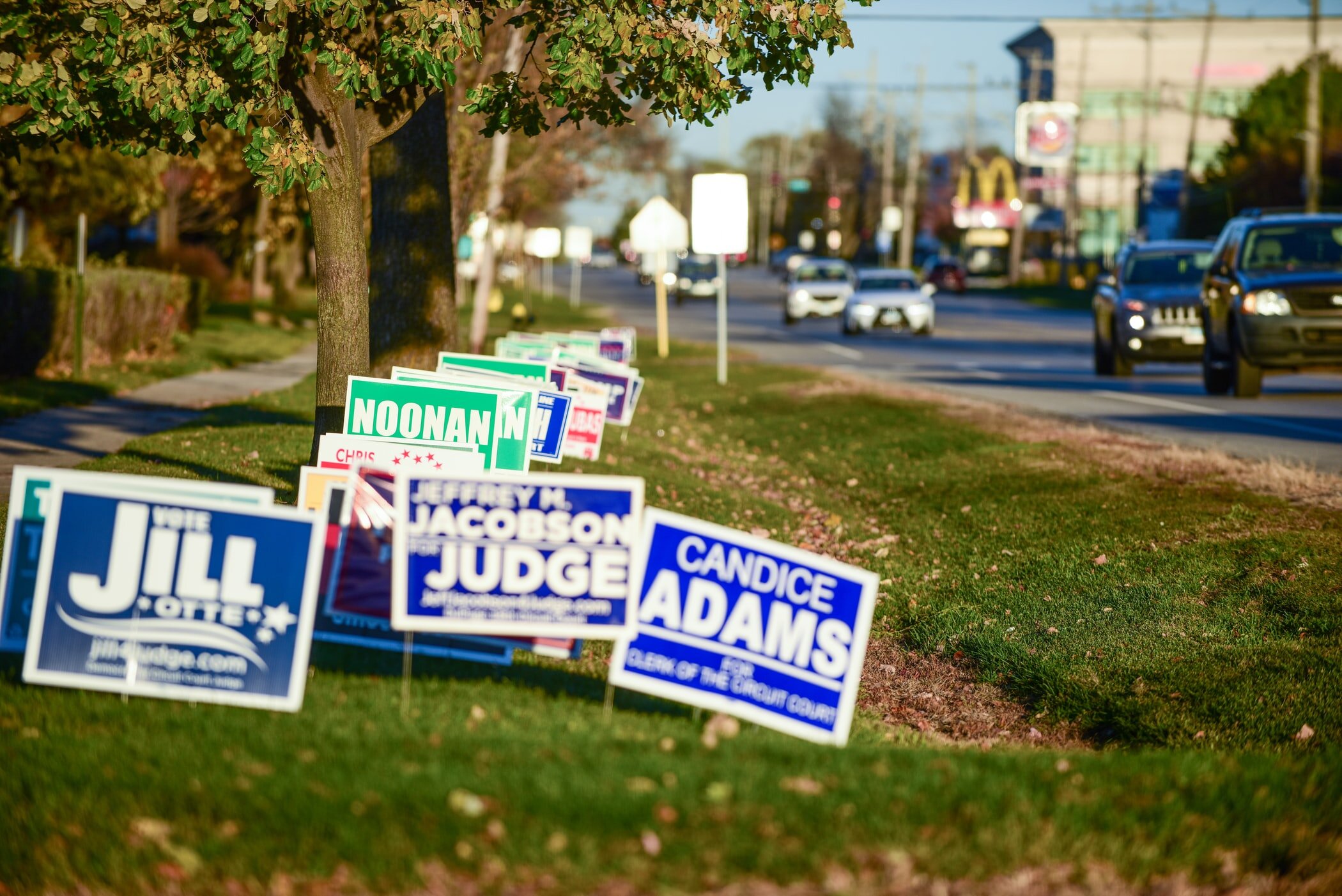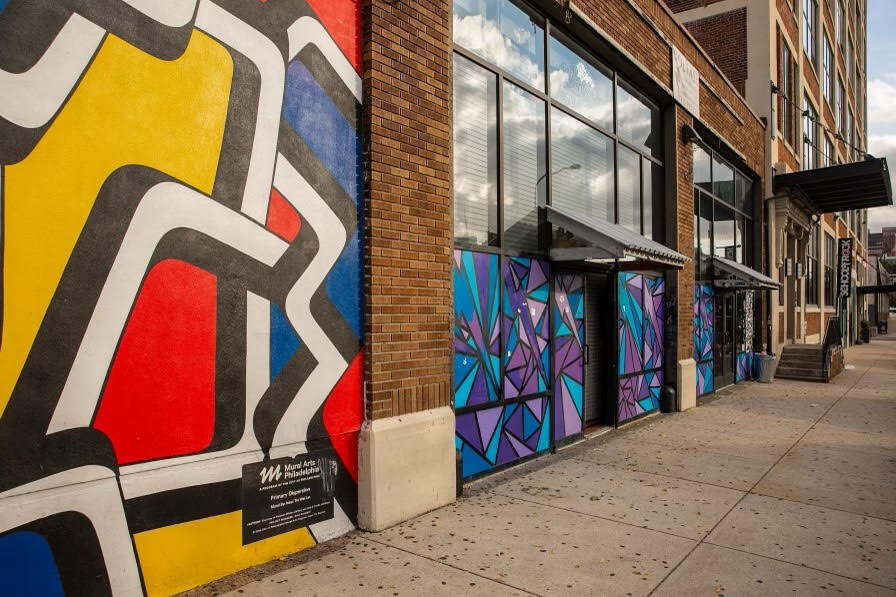David Rose—or Javat Agni, his Indigenous name—wasn’t aware of Germantown’s history until graduate school. As a descendent of the Cheraw people (aka Saura) of the Sauratown Mountains, he knew of the horrors settlers brought upon Indigenous peoples.
“My whole life, growing up, we didn’t hear all the best stories about the settler states. We [heard] the truth … We [heard] about capitalism, about how environments are destroyed and polluted,” says Rose, of his upbringing. “I felt like there had to be some place in history, where Europeans were on the right side of it.”
Rose looked for instances of European change. While studying historic preservation and nonprofit management at the University of Pennsylvania, he discovered the history of the unprecedented 1688 Germantown Quaker Petition Against Slavery.
Dutch-German Quakers of Germantown came together to condemn slavery and provide equal opportunitity for all. It became the birthplace of the anti-slavery movement, and built itself on the ideologies of William Penn’s Quaker morality.

Germantown began as a melting pot of free thinking and cultural appreciation, and it still is to this day. Because of its roots, Rose wanted to continue to provide change and preservation to the Germantown community by founding Sally Blagg, a BIPOC-run urban design firm.
Founded on Indigenous beliefs, Sally Blagg’s core mission is to strengthen the intersection of historic urban centers and its underrepresented residents. Even its name, Sally Blagg pays homage to an ancestor, Rose’s five-times-great-grandmother. “The name itself comes out of a tradition of hard work and sustainability,” adds Rose.
Rose first began his preservation work in Buffalo, New York, where community development discussions evolved into a lecture series funded by Humanities New York (formerly the New York Council for the Humanities). He was able to interpret and adapt the way of life of the Saura people into a format that applies to contemporary settings.
“We work toward making sure we’re maintaining environments that we live in now,” explains Rose. “How can we live now, in an urban environment, that is almost as sustainable as the rural and suburban environment we were traditionally accustomed to?”
In 2016, Sally Blagg moved to Germantown to further utilize the model of urban design for cultural landscapes that was implemented previously. Rose’s plan was to develop regional offices in the neighborhood, preserve historic centers like the Vernon Wister Mansion and the Wyck Historic House and Garden, and improve community integration.
“Sometimes you’re trying to change things and it’s like you’re poking a bear,” says Marques Payne, owner and consultant at Marques Payne & Associates in the Bronx. Payne met Rose through a stewardship program run by the Bronx Chamber of Commerce, where he saw accountability and talent.
“Businesses like Sally Blagg are necessary, especially during this state of the country … They listen to the community and respond with a specific approach. Neighborhoods, like Germantown and the Bronx, need to be improved directly rather than doing guessing games,” adds Payne.
Unlike certain narratives, Rose believes in the beauty of urban communities and wants to raise them up—its residents deserve the best. “The nightly news tells you every night there’s a shooting, or someone’s doing something violent, but won’t report on the 10 amazing things for every one shooting.”
In fact, Sally Blagg is involved in a ton of inspirational things happening in Germantown right now.
Tess Frydman, director of interpretation and public outreach at the Wyck House, met Rose at her local farm. They instantly hit it off when discovering a mutual interest in the Lenape tribe and Indidgenous cultures.
“[Rose’s] brain is so progressive and he thinks very much outside the box,” says Frydman. She believed Sally Blagg’s approach to cultural, urban systems could help evolve the historic site into a community space. “People like David are absolutely invaluable to [Historic Germantown] sites.”
The Wyck House is one of 30 historic points in Germantown. Its 2.5-acre site hosts garden plots, community farms and harvests, and an archive of 100,000+ philosophical papers and 10,000 family heirlooms, says Frydman.
However, in the past, Frydman explains the Wyck House was “pretty content [with] its older, white audience.”
“In this day and age, especially with that audience aging out, there is a real need to engage newer audiences and take a hyper-local approach to who we’re serving and how we’re using our resources,” she adds.
After discussing her worries with Rose, Sally Blagg became a middleman between the historic site and Germantown residents. “We’re trying to be a part of the conversation on how to not ignore the history of the site, but use it in a way that is a give-and-take with our immediate surroundings,” says Frydman.
Sally Blagg hosts its annual harvest dinner in the Wyck House’s rose garden. This garden is the oldest in the nation, with its original layout plan still intact. In early September, the firm hosted urban agriculturalists and Philadelphia city employees at a candlelight dinner, where they discussed urban food systems and food justice.
The firm also runs Veterans Way, a project aimed to enlighten and elevate discourse about post-traumatic stress disorder (PTSD) among BIPOC veterans and families. “A lot of what we see happening in Black communities and Indigenous communities is a result of generations and generations of Indigenous men going to war,” says Rose.
By strengthening ties between veterans and community members, the stigmas of trauma can be broken down and used for good. Rose believes the trauma that veterans bring home from war is a detriment to the communities they live in. Their trauma often debilitates their presence as a parent and influence.
“All of the burden falls on the mothers, right? If the father is traumatized, what value can they add to the family unit if no one is offering them the space to become well?” adds Rose.
Sally Blagg held a small conversation on trauma-informed design in urban settings at the Wyck House in August. In addition, ACES Museum and Sally Blagg launched a community art collective and a series of discussions focused on support services for BIPOC veterans in November.
CSAs, or community supported agriculture, are also in Sally Blagg’s toolbox. Residents of the 19144 area code have access to seasonal boxes of organic produce, eggs and flowers. The community share, dubbed Germantown Grocer, offers autumn ($50) and summer ($30) programs for 13 weeks. Due to COVID-19, residents can schedule curbside pick-up.
“I’m a really big believer in food sovereignty and taking a hold of your own food systems,” says Jasmine Thompson, a Germantown resident and BIPOC urban farmer.
Food deserts and lack of organic, healthy food affects underrepresented folks both physically and mentally, resulting in an “inability to maneuver in society,” she adds. As an urban farmer, Thompson sees a holistic and positive difference for those who manage their food systems.
Thompson was working at Germantown Espresso Bar when she met Rose, a regular of the business. They began conversing about enhancing urban food systems when Thompson overheard him talking about his wishes for change.
“We all come from a people who tended the land, and agriculture is an intertwined part of our former lives—before industrialization, that is,” says Thompson. With the presence of an urban design firm, Germantown residents can experience the benefits of celebrating their roots.
“Sally Blagg explains to people in detail their indigenous roots and the value within. They help people reconnect to their origins and not feel inferior in this world,” she says.
There is much more on the horizon for Sally Blagg, Rose says, but he’s giddy for the awaited reveal of Sally Blagg’s headquarters.
In February 2019, the firm took over the lease of an adult film store on Germantown Avenue. Since then, Rose’s team has remodeled the space to include office space, community rooms geared toward education, discussion and wellness, and a community teahouse.
The space will also have an Amazon Locker, which Rose thinks is one of its biggest draws. The environment is designed to naturally become a community center, where residents can pick up packages, interact with neighbors and learn about gatherings or opportunities. It’s slated to open this autumn in Historic Germantown.
“Sally Blagg has allowed young people to start thinking about urban planning and design. They were a part of a community that was losing hope, that was thinking there was about to be a wave of gentrification,” says Rose. “Now, they’re becoming empowered and standing strong in their position as community leaders.”










